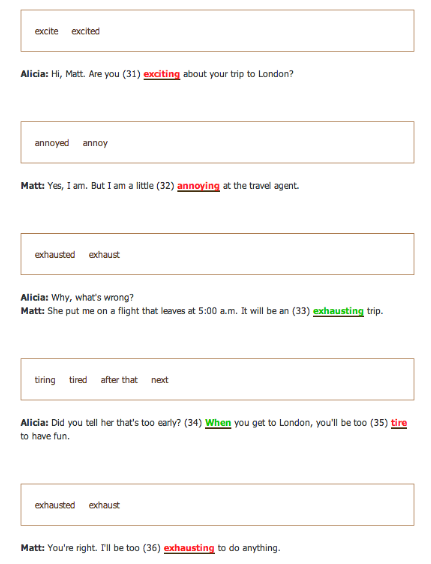DON’T GIVE UP
Learning another language is not something that can be done overnight. There are many things that you can do to speed up the process though. These things I can teach you. Remember, if you start any course: DON’T GIVE UP, NÃO DESISTA, NO TE RINDAS, NE PAS ABANDONNER, ΜΗΝGIVE UP, NE ADJA FEL, NÁ THABHAIRT SUAS, NON RINUNCIARE, あきらめてはいけない, NOLITE, IKKE GI OPP, Не сдавайтесь, GE INTE UPP, PEIDIWCH Â RHOI UP

